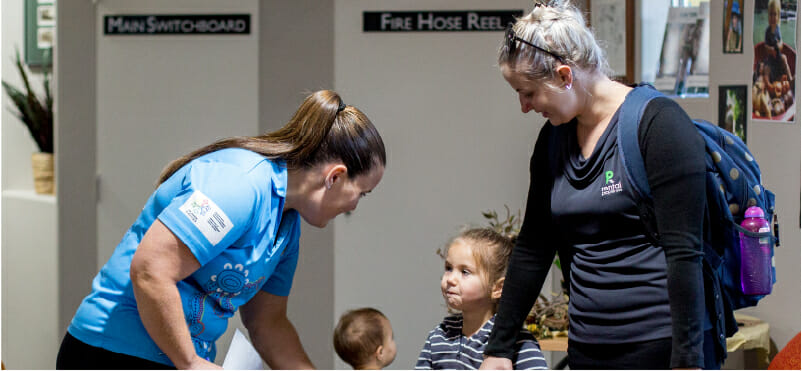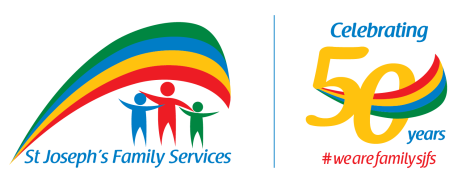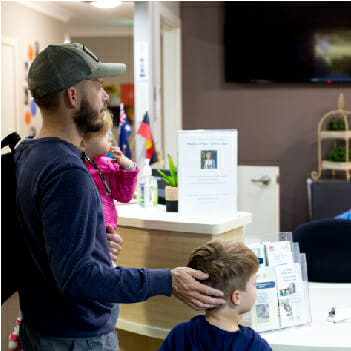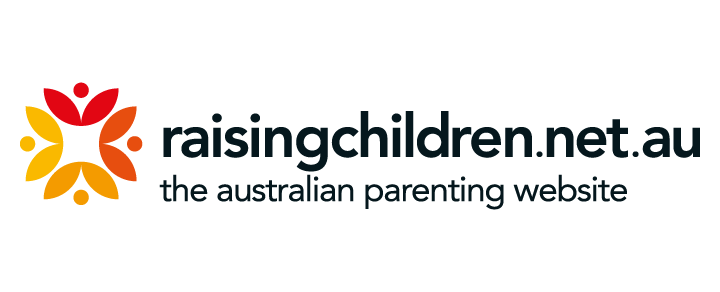
Pre-school communication with parents
“In many ways, effective communication begins with mutual respect, communication that inspires, encourages others to do their best” – Zig Ziglar
Effective Communication with Parents
Communication is key in pre-school education between parents and early childhood educators, particularly as they are there to support the child. Effective communication involves mutual respect, trust and a little understanding of each others’ backgrounds. This could include cultural, language, family situations, circumstances and more. These differences play a large role in how information is received or conveyed. For example, if English is not the mother tongue, the conversation may be awkward or the message misunderstood by how it’s delivered. Importantly, with respect and understanding, these challenges may be overcome and the intent of any discussion be communicated effectively.
Positive Communication
A good start to ensuring the best outcome of any discussions between the pre-school early educators and parents is to be positive. This includes being open to opinions, concerns and observations for improving the learning environment, behaviour or experiences of the child. Providing open and honest, constructive feedback, whilst listening to and taking on board feedback, without becoming defensive is essential for all parties.
Communicating in Partnership
Challenging conversations may be managed well between parents and early childhood educators when both parties have the intention of making improvements for the child and any issues that arise. Coming up with solutions together, as a partnership will undoubtedly provide a better outcome for the child.
Tips for Great Communication Outcomes
- Schedule a time to meet.
- Provide some background on the topic to be discussed, whether it’s a concern, issue or feedback. Basically, lay the landscape prior to the meeting so that there are no surprises for the other person(s).
- Consider various options, ideas or potential solutions, prior to the meeting and present them at the meeting.
- Try to approach any issues or concerns with factual information and put aside high emotions, for example, if you are angry – wait until you have calmed down a little, so that you can clearly discuss any issues and come up with solutions. Good results are more likely to come out of calm and respectful conversations.
- Provide all parties with an opportunity to talk, listen and respond in their own time – this may even mean providing the space and respect for the other party to go away, reflect and come back with a response at a later time/date. There can of course be a timeframe that is communicated so that the other person is not kept wondering.
- Try not to be defensive or justify, as this is not helpful to anyone.
- Remember that supporting the child is at the centre of every conversation.
St Joseph’s Family Services Programs
“Relationships and connections are at the heart of our Joey’s House Community. We aspire to be a safe haven for children, families and Educators promoting a sense of belonging and inclusion to all.” and “We aim to build genuine, collaborative partnerships with families based on honesty, respect, and shared goals.” – An excerpt from the Joey’s House Centre Philosophy.
At each of our centres, we encourage open communication between families and our educators. We want to work together to achieve the best outcomes for each child, their well-being and development. It’s important that families feel free to reach out to us if they are concerned or worried about anything.
Communication Channels
We encourage parents to chat about any concerns when they are at the centres, however, we appreciate that this may not be possible with busy work schedules. Here are some of the other forms of communication that we have in place between the centres and families:
- Phone calls
- Emails
- Feedback forms in receptions
- Notice boards
- Xplor online app
- Classroom Daily Curriculum
- Parents Pockets
- Newsletters
- Parent Teacher Conferences
Our communication app, Xplor is great as we send regular (daily or weekly) learning overviews to families on the children’s learning and happenings for the week, including observations on our intentional teaching goals for their child. As part of our transition to school program, we hold parent-teacher conferences for our oldest rooms. These can be arranged at the request of the family. Plus we share ‘Yearly Transition to School Statements’ with schools and families.
Communication is important to us and we are always open to suggestions for improvement as well as ensuring we continue with our high standards currently in place.
For more information, please get in touch with us.








Leave A Comment